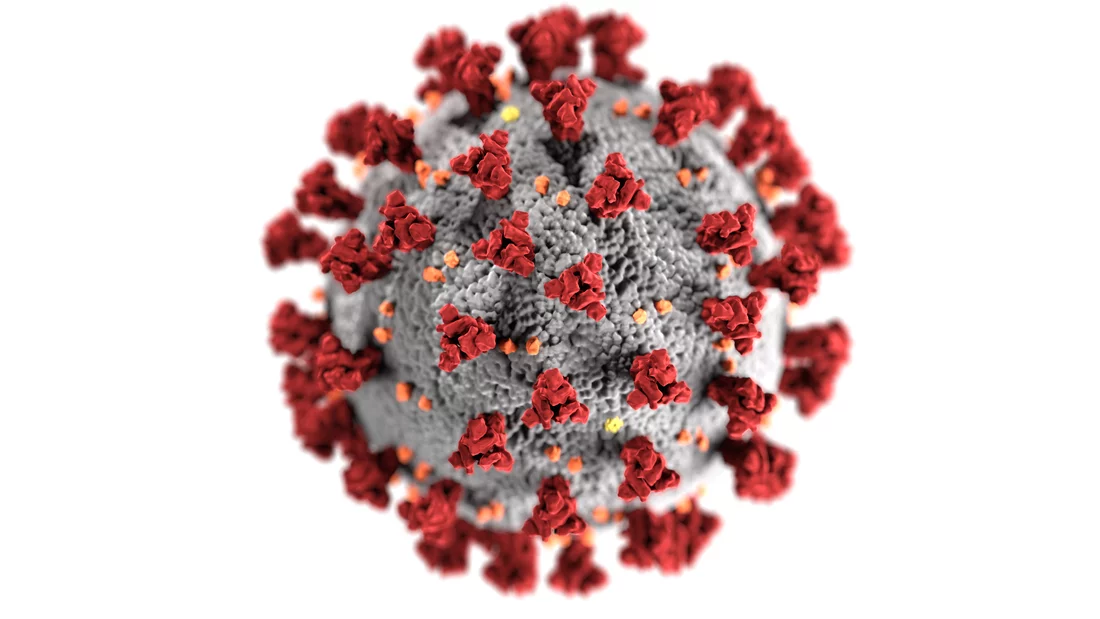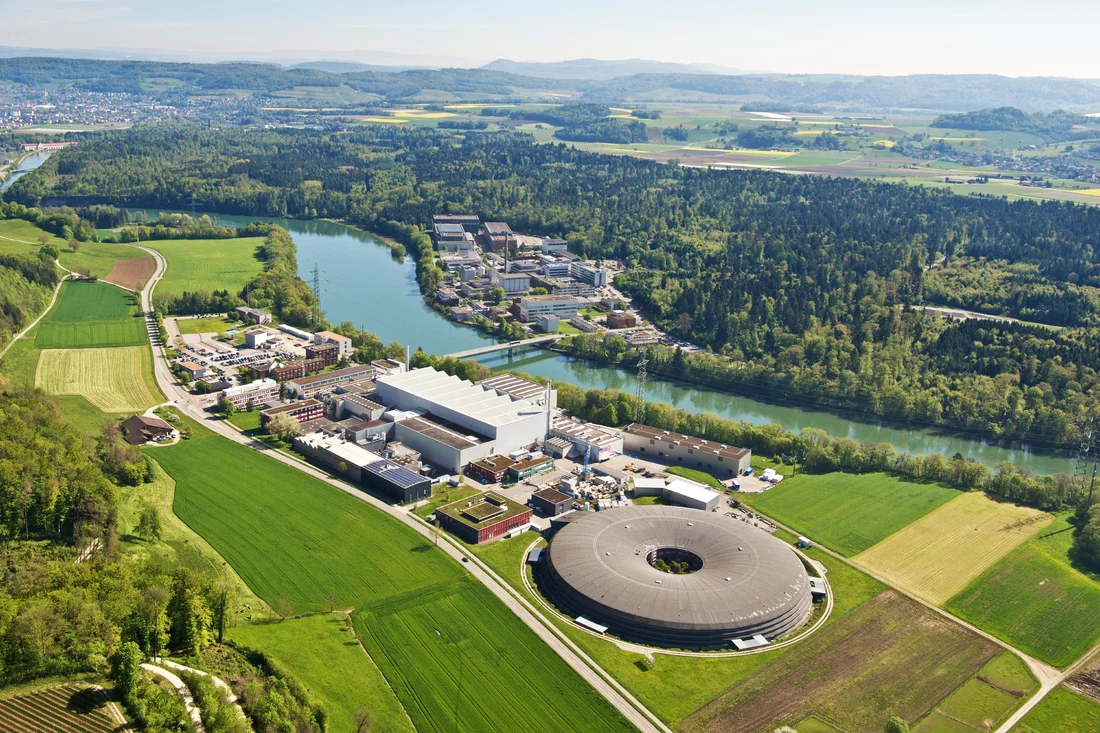PSI in pandemic times: Priority research continues
The Paul Scherrer Institute PSI is in limited operation due to the Covid-19 pandemic, and most employees are working from home in accordance with the Federal Council's specifications. Nevertheless, essential research facilities and projects continue to operate in accordance with all the necessary safety precautions.
Proton therapy is one of the priority operating units. The treatment of cancer patients will continue without interruption.
The Swiss Light Source SLS also remains in operation. This large research facility is still available to the scientific community in Switzerland and worldwide. At the beginning of the pandemic, the researchers at the SLS switched operation to remote control using a robotic gripper arm, so that external users can continue to measure their samples.
Coronavirus research has priority
Priority is given to research projects on the coronavirus. The SLS supplies extremely bright X-ray light that is particularly well suited to the investigation of microorganisms such as viruses and their components. Even before the outbreak of the Covid-19 pandemic, pathogens of the coronavirus family were examined at the SLS, such as the MERS pathogen, a virus that was first identified in 2012 and which triggered an epidemic on the Arabian Peninsula.
PSI has therefore issued a call for proposals: If you want to carry out measurements to study the coronavirus at one of the large research facilities, you can submit project proposals in an unbureaucratic manner by e-mail and apply for beamtime. Several proposals for coronavirus research at the SLS have already been received. Measurements will take place shortly. The X-ray free-electron laser SwissFEL is currently out of operation but could be restarted for urgent measurements.
PSI also provides investigation methods aside from the large research facilities, such as electron microscopy. With resolution down to the atomic level, this technology is capable of imaging viruses that are not visible under the light microscope. Researchers can, for example, observe viruses as they multiply and can develop strategies as needed to stop them from spreading.
The laboratories of the PSI Biology and Chemistry Division also participate in research on the coronavirus. Research in cooperation with the University Hospital Zurich, for example, aims to produce viral proteins in order to improve the diagnosis of viral infections and to develop antibodies for therapies and vaccinations.
And what else?
Limited project work is still taking place in the Centre for Radiopharmaceutical Sciences. Among other things, radiopharmaceuticals are being produced here – that is, radioactive drugs that can be used to detect or fight tumours in the body. These drugs are delivered to Swiss hospitals so that they can continue treating their patients. Radiopharmaceuticals for currently running clinical studies are also still available.
Important work on the upgrade of the neutron source SINQ as well as SLS was still taking place at the beginning of the pandemic but is now being shut down. The same applies to the installation of the new Athos beamline at the SwissFEL X-ray free-electron laser facility.
Further information
- Covid-19 task force of the ETH Board
- Offer for collaboration with other research groups
- Call for submission of beamtime proposals
- Research on Covid-19
Contact
Dr. Mirjam van Daalen
Head of the Communication Department
Paul Scherrer Institute, Forschungsstrasse 111, 5232 Villigen PSI, Switzerland
Telephone: +41 56 310 56 74, e-Mail: mirjam.vandaalen@psi.ch


